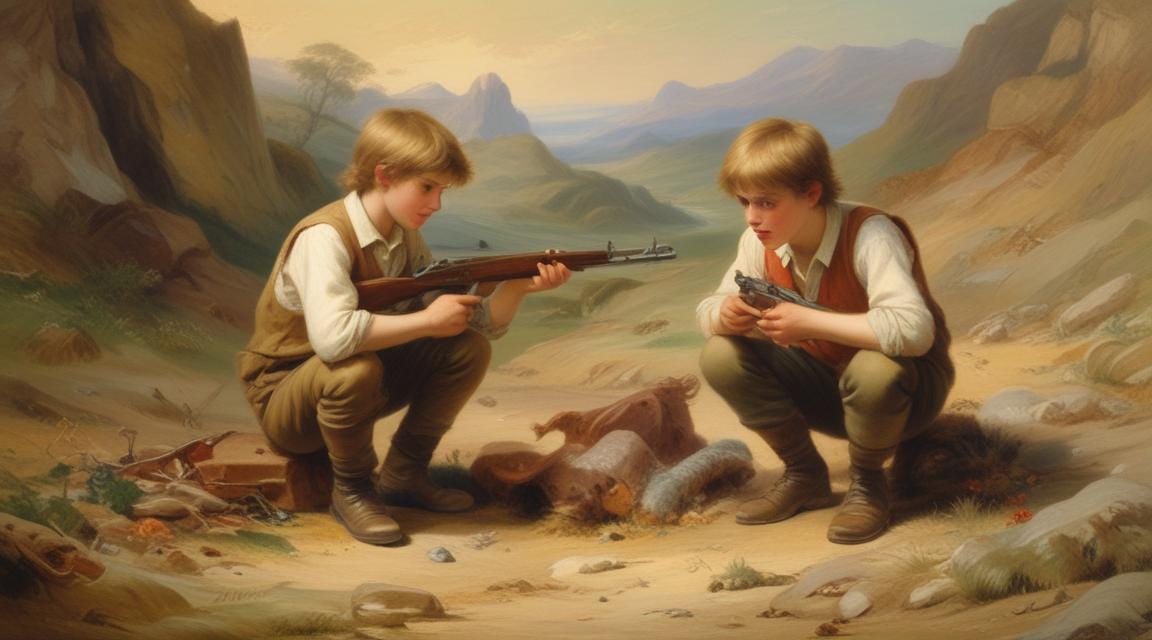September 4 - September 11, 1942.
Storybook:
Kurt Gerstein begins his efforts to alert the Allies to the gassings and other atrocities being committed at extermination camps. No one will listen to him.
On September 7, 1942, the Harnack-Schulze-Boysen resistance movement is uncovered and its members arrested. Arvid and Mildred Harnack are among those caught up in the sweeping arrests. Falk Harnack grieves over what will become of his brother and Lilo Berndl worries for her revered friends.
Willi Graf confesses he is tired and only wants to sleep. Even a Sunday spent playing chess with Hubert does little to relieve the exhaustion. He tells his diary he does not know what would become of him if he had to “be there” for a longer time.
However, Willi and Hubert quickly regain their equilibrium. They go for a long walk together, where they talk about everything. Hubert is the perfect antidote for Willi’s doldrums. Willi also chops wood in preparation for winter. The physical exertion does him good.
Hans Scholl meanwhile struggles with Willi and Hubert gone, and Schurik still in the hospital. He falls into something worse than melancholy, thinking about the “utopia” his father envisions, and watching it turn into an apocalyptic flash of flame in his head.
He also receives word of Ernst Reden’s death and thinks of Inge’s sorrow. But there is no mention of Werner Scholl’s reaction to Ernst’s death.
Still just sitting around, not exerting himself, Hans writes a string of love letters: To Rose Nägele, Lisa Remppis, and Josef Söhngen. [In many ways, those letters are frightening to read, as Hans Scholl’s mental state is anything but stable.]
Why this matters:
Friendship matters! When Hans Scholl was alone without Willi, Hubert, and Alex, his mental state became dangerously unstable. In contrast, although Willi Graf initially felt so overwhelmed he only wanted to curl up in a fetal position and sleep, his friendship with Hubert pulled him out of his doldrums.
No matter how resolute or impassioned we are about our work for justice, if we try to “go it alone,” we will fail. The image of a single man or woman standing valiantly against the mob is unhealthy and should not be promoted.
We can only achieve great things working together with others.Hans Scholl’s struggle to appear straight is one of the hardest parts of the White Rose story. Inge Scholl censored almost everything that would let us see that emotional battle.
White Rose History, Volume II, pages 188-190.
Notes and references available only to paid subscribers.
Listen to this episode with a 7-day free trial
Subscribe to Why This Matters to listen to this post and get 7 days of free access to the full post archives.













